Table of Contents
Information and Communication Technology:
It may be defined as the combination of informatics technology with other related technologies, specifically communication technology i.e. radio, television, cellular phones, computer and network hardware and software, satellite systems, and so on, as well as the various services and applications associated with them, such as videoconferencing and distance learning. Information and Communication Technology has proved to be an essential and fundamental step in the development of modern society. In many countries, the learning of concepts of ICT is considered a necessary part of education. To date, many technologies have been introduced; the impact of Information Technology is still prevalent. Information Technology has a wide scope in various fields, such as education, healthcare, governance, design, manufacturing, and business. In each domain, the role of ICT is different and vast. In the present era, students should have good technical skills so that they can achieve success in every sphere of life.
Benefits of ICT in Education:
- The use of computers in the education domain has simplified the learning of students.
- Students can get an education anytime and anywhere.
- Can access remote learning resources. With the advent of the Internet and the World Wide Web, a wealth of learning materials in almost every subject and in a variety of media can now be accessed from anywhere at any time of the day and by an unlimited number of people.
- Images or pictures can easily be used in teaching and improving the retentive memory of students.
- Teachers can easily explain complex instructions and ensure students’ comprehension.
- The use of Information and Communication Technology in education has brought a positive impact on the success of students from various perspectives, such as knowledge, comprehension, practical, and presentation skills.
Benefits of ICT in Healthcare:
- Information and Communication Technology has significantly reduced the cost, enhanced the services being provided, and brought behavioral changes.
- The use of Information and Communication Technology in the healthcare industry brought into the picture a new concept, i.e., e-health that includes healthcare services, health surveillance, health literature, and health education, knowledge, and research.
- Appropriate and affordable biomedical equipment for grass root deployment.
- Video/multi-modal conferencing and e-connectivity.
- The process of scheduling tests through electronic and patient management systems has resulted in a reduction of the queues that would have been formed in the hospitals.
- The administrative costs have also been reduced by linking various parties, such as insurers, consumers, service providers, and financial institutions.
Benefits of ICT in Governance:
- The extensive use of the Internet has provided an opportunity for the government to offer services and information in an efficient manner.
- ICT in government has resulted in enhanced governance practices.
- ICT has helped in providing better responses to customers and effective management.
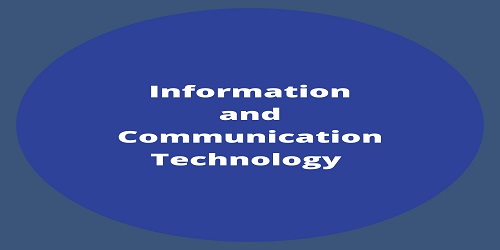

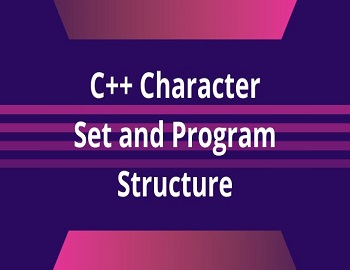
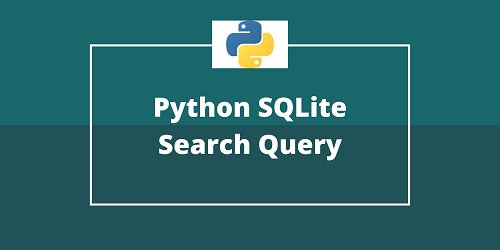

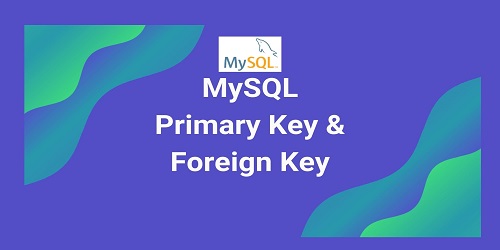

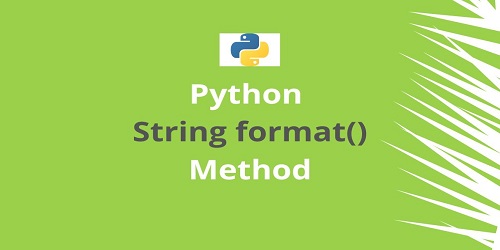

Comments (No)